Student Eligibility: All enrolled full-time graduate students, including executive MBA, are eligible to compete. This includes students in non-business graduate level programs.
Team Size: All teams should consist of five members.
Entrance Fee: Each team is required to pay a $250 entrance fee when registering for the event Teams should register before Wednesday, February 2nd 2022.
Alternates/Substitutes: Teams may not bring a student alternate to the event. Teams may substitute members at any time before the event begins. No substitutions may be made during the event.
Advisors/Observers: Teams are encouraged to bring a faculty or staff person as an observer. Advisors are welcome to observe all aspects of the event, including judging sessions. Advisors cannot assist the team in any way after the team has received business plans and must avoid communicating with the team, on the day of the competition. Teams are encouraged to bring an advisor who will be able to provide feedback to the team after the event and assist future teams.
Outside Contact: Teams may contact outside resources up until 4pm on Friday, February 18th. However, students may not contact anyone affiliated with the presenting startups (founders, investors, employees, customers, etc.). In addition, outside contact is limited by the NDA requirements. Outside contact should primarily be used as a source of information on how to assess the companies rather than for assisting students to perform the assessment. After 4pm on Thursday, April 8th, students may not receive help from anyone outside the team.
Prize Money (subject to change): Will either be given in person or mailed after the event to the winning teams. University accounting can take upwards of 8 weeks to process payments and taxes may be withheld, depending on policies at the host university. Often, a social security number is necessary for processing payment.
School Anonymity: Teams may not indicate their school affiliation to the judges during the competition, including but not limited to emblems on clothing, computer bags, etc. Teams are free to tell each other their schools.
Dress code: Business casual.
Non–Disclosure of Business Plans: Participants are required to sign a general non–disclosure agreement (NDAs). These NDAs help us ensure a culture of respect for our entrepreneurs, without whom we would not have an event.
Inside Information: Upon receiving business plans by email, any student with prior information about a venture must inform the event coordinator before the kick-off meeting. Failing to do so could result in forfeiture. Generally, you will be asked to show no familiarity during the event. Our experience has shown that inside information is not necessarily helpful, and indeed is often detrimental, to a team’s performance. However, the organizers may deem it necessary to recruit a replacement venture.
Entrepreneur Presentations: Only vetted questions are allowed during presentations. Slides are not distributed.
Due Diligence with Entrepreneurs: There are no restrictions on what teams may ask of entrepreneurs during the sessions. However, no contact is allowed between teams and entrepreneurs at any other time during the competition. Teams may quickly introduce themselves to the entrepreneur(s) (not to judges) upon entering the room before the timer starts. When the timer expires, the session must immediately end, even if in mid–sentence, and the team should quickly thank the entrepreneur and leave the room.
Written Deliverables: Each team must submit a one-page executive summary as well as documentation of their proposed investment vehicle (and expected returns), assessment of impact, and how impact will be measured. Teams may submit additional information that helps to communicate their decision-making process to the judges. The total length of the deliverable is limited to five pages. Teams are encouraged to use the supplied templates.
Team Presentations: Presentation length will depend on the number of competing teams. These presentations will simulate an investor meeting in which the team is presenting an investment opportunity to the judges. Judges will have just received the written deliverables and will be looking at them for the first time in the meeting. Teams will be cut off if they have not finished when the timer expires. Teams may use supplied templates or bring their own.
Publicity: All participants agree to allow Invest for Impact to use their names and likenesses for the purpose of promoting Invest for Impact in the future.
Honor Code: It shall be the responsibility of each student to obey and support the enforcement of these rules. All team members must sign a copy of these rules at the kick–off meeting indicating their agreement to be bound by these rules.
Dispute Resolution: All decisions by judges and the Investing for Impact Planning Team are final. For complaints, questions, concerns or to report possible rules violations, contact the Invest for Impact coordinator. These rules may be revised at any time if the purpose of the revision is made in the interest of fairness for all competitors. Revisions will be communicated to all participants as quickly and fairly as possible.


 A Frank Hawkins Kenan Institute of Private Enterprise Event
A Frank Hawkins Kenan Institute of Private Enterprise Event